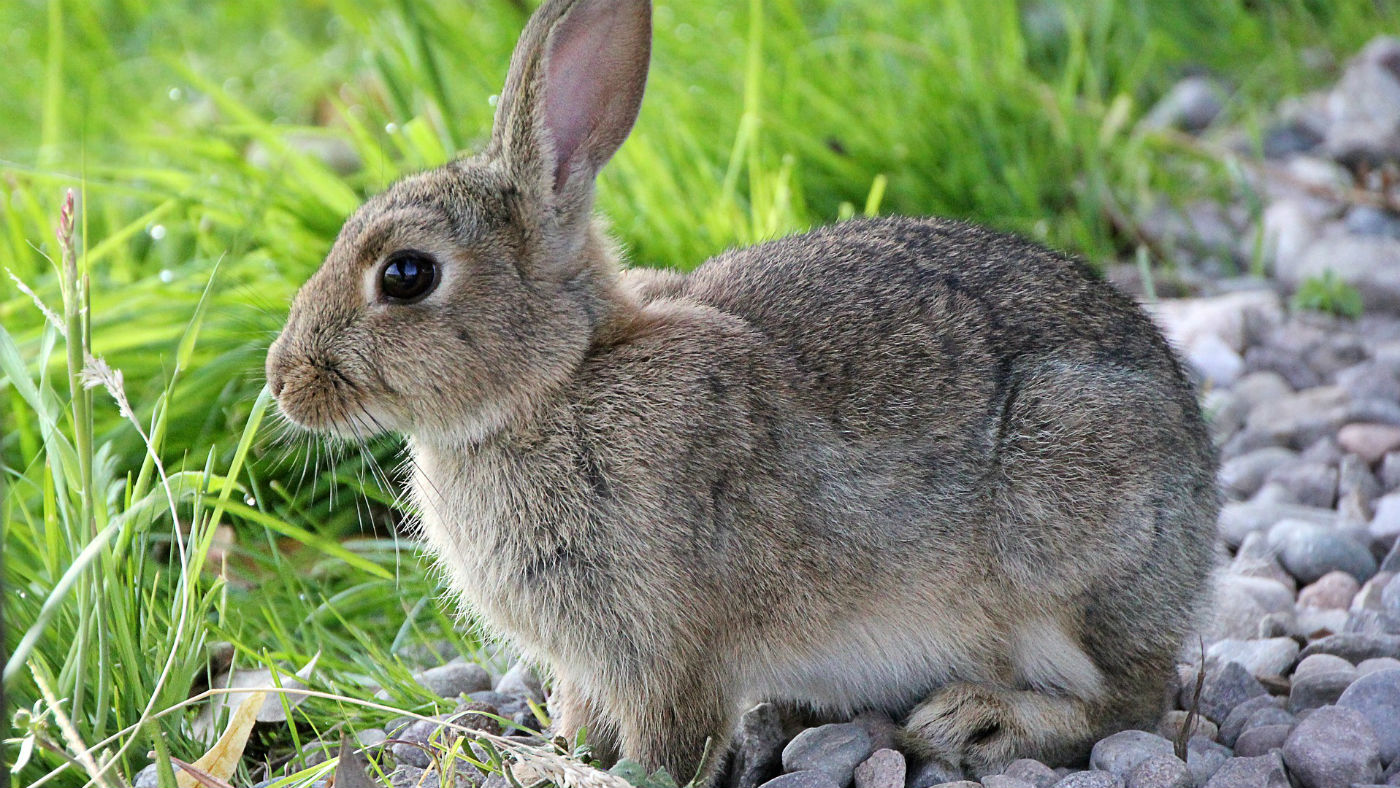New Zealand plans to release rabbit-killing virus
New Zealand is expecting to release a virus to curb an ever-growing rabbit population.

A free daily email with the biggest news stories of the day – and the best features from TheWeek.com
You are now subscribed
Your newsletter sign-up was successful
New Zealand is planning to release a deadly virus in an effort to curb its out-of-control wild rabbit population. The virus, RHDV1 K5 (K5), is expected to be released at 100 sites in Otago, a region in the south of the country’s South island.
The virus will be unleashed in Otago in late March or April, as part of nation-wide effort aims to decrease the rabbit population by 40%, says The New Zealand Herald. Its effectiveness will then be studied prior to a planned nationwide roll-out.
In a statement yesterday, the Otago Regional Council said that K5 would be released at 100 sites across the region at the same time to ensure the virus had “maximum impact.”
The Week
Escape your echo chamber. Get the facts behind the news, plus analysis from multiple perspectives.

Sign up for The Week's Free Newsletters
From our morning news briefing to a weekly Good News Newsletter, get the best of The Week delivered directly to your inbox.
From our morning news briefing to a weekly Good News Newsletter, get the best of The Week delivered directly to your inbox.
Rabbits were first brought to New Zealand in the 1830s and “have long created problems for farmers,” the BBC reports.
Rabbits cost an average of $50 million New Zealand dollars (£18.7m) in lost production and more than NZ $25m in pest control every year, according to the Ministry for Primary Industries (MPI).
Scott MacLean, regional council environmental monitoring and operations director, said this virus could greatly benefit the region. “Rabbits are the number one pest in Otago,” he said. “Ten rabbits can eat as much grass as one sheep. They are a threat to our biodiversity, not to mention the soil degradation and loss of soil caused by rabbit holes and warrens.”
A free daily email with the biggest news stories of the day – and the best features from TheWeek.com
-
 James Van Der Beek obituary: fresh-faced Dawson’s Creek star
James Van Der Beek obituary: fresh-faced Dawson’s Creek starIn The Spotlight Van Der Beek fronted one of the most successful teen dramas of the 90s – but his Dawson fame proved a double-edged sword
-
 Is Andrew’s arrest the end for the monarchy?
Is Andrew’s arrest the end for the monarchy?Today's Big Question The King has distanced the Royal Family from his disgraced brother but a ‘fit of revolutionary disgust’ could still wipe them out
-
 Quiz of The Week: 14 – 20 February
Quiz of The Week: 14 – 20 FebruaryQuiz Have you been paying attention to The Week’s news?
-
 Epstein files topple law CEO, roil UK government
Epstein files topple law CEO, roil UK governmentSpeed Read Peter Mandelson, Britain’s former ambassador to the US, is caught up in the scandal
-
 Iran and US prepare to meet after skirmishes
Iran and US prepare to meet after skirmishesSpeed Read The incident comes amid heightened tensions in the Middle East
-
 Israel retrieves final hostage’s body from Gaza
Israel retrieves final hostage’s body from GazaSpeed Read The 24-year-old police officer was killed during the initial Hamas attack
-
 China’s Xi targets top general in growing purge
China’s Xi targets top general in growing purgeSpeed Read Zhang Youxia is being investigated over ‘grave violations’ of the law
-
 Panama and Canada are negotiating over a crucial copper mine
Panama and Canada are negotiating over a crucial copper mineIn the Spotlight Panama is set to make a final decision on the mine this summer
-
 Why Greenland’s natural resources are nearly impossible to mine
Why Greenland’s natural resources are nearly impossible to mineThe Explainer The country’s natural landscape makes the task extremely difficult
-
 Iran cuts internet as protests escalate
Iran cuts internet as protests escalateSpeed Reada Government buildings across the country have been set on fire
-
 US nabs ‘shadow’ tanker claimed by Russia
US nabs ‘shadow’ tanker claimed by RussiaSpeed Read The ship was one of two vessels seized by the US military